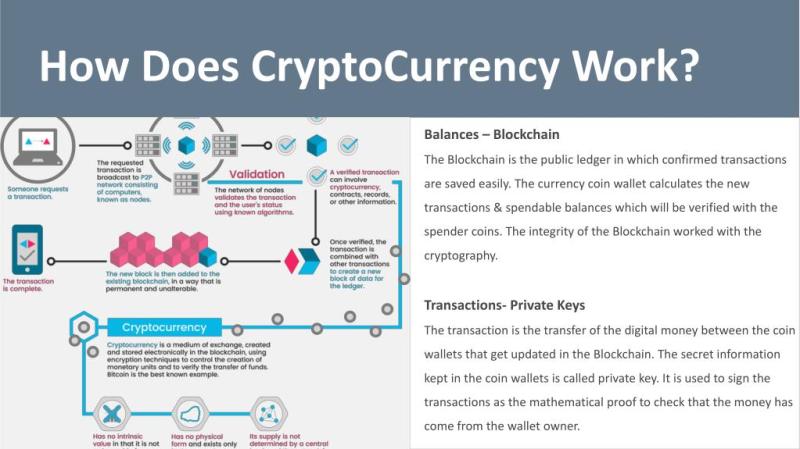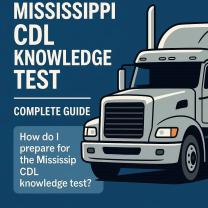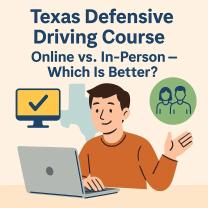What is CDL paid training and how does it work?
Commercial Driver's License (CDL) paid training refers to a training program in which individuals receive instruction and preparation for obtaining a CDL, and the cost of the training is covered by a sponsoring company or organization. This type of training is common in the trucking industry, where companies seek to recruit and train new drivers to meet their workforce needs. Here is a comprehensive overview of CDL paid training:
Purpose:
- The primary purpose of CDL paid training is to prepare individuals for a career as commercial truck drivers. This training equips participants with the knowledge and skills necessary to operate large commercial vehicles safely and in compliance with state and federal regulations.
Eligibility and Requirements:
- Individuals interested in CDL paid training programs typically need to meet certain eligibility requirements set by the sponsoring company. Requirements may include a minimum age, a clean driving record, and the ability to pass a physical examination.
Training Duration:
- The duration of CDL paid training programs can vary, but they generally last a few weeks. The training includes a combination of classroom instruction, hands-on vehicle operation, and on-the-road driving experience.
Curriculum:
- The training curriculum covers a range of topics, including:
- CDL regulations and requirements
- Vehicle inspection procedures
- Safe driving practices
- Traffic laws and regulations
- Basic vehicle maintenance
- The training curriculum covers a range of topics, including:
Instructors:
- Experienced instructors, often certified CDL trainers, lead the training sessions. They provide guidance on both theoretical and practical aspects of commercial driving.
Hands-On Training:
- Participants receive hands-on training in operating commercial vehicles. This includes learning how to handle the vehicle in different road conditions, practice maneuvering, and mastering skills such as backing up and turning.
Permit Preparation:
- CDL paid training programs often assist participants in obtaining the necessary permits required to operate commercial vehicles. This may include the general knowledge test, air brake test, and other relevant endorsements.
Job Placement Assistance:
- Many CDL paid training programs are offered by trucking companies looking to recruit new drivers. As such, these programs often include job placement assistance for successful graduates. Participants may commit to working for the sponsoring company for a specified period after completing the training.
Cost Coverage:
- The sponsoring company covers the costs associated with the training, including tuition, materials, and sometimes even lodging and meals. In return, participants may be required to sign a contract agreeing to work for the company for a certain period.
Repayment Obligations:
- Some CDL paid training programs have a repayment obligation clause. If the participant leaves the company before completing the agreed-upon period of service, they may be required to repay a portion of the training costs.
Career Advancement:
- CDL paid training programs can be a pathway for individuals to enter the trucking industry and begin a career as a commercial driver. With experience, drivers may have opportunities for career advancement, including higher pay and access to more specialized driving roles.
It's important for individuals considering CDL paid training to carefully review the terms and conditions of the program, including any contractual obligations, before committing to the training. Additionally, individuals should ensure that the training program is in compliance with relevant regulations and meets the standards set by the licensing authorities.
CDL Paid Training: Unveiling the Mechanisms and Options
The world of commercial truck driving opens doors to exciting career opportunities, and paid CDL training can be your key to unlocking them. Let's delve into how it works and explore the different approaches available:
1. Understanding CDL Paid Training:
Paid CDL training programs offer aspiring truck drivers comprehensive training at no upfront cost. These programs typically involve:
- Tuition coverage: The program sponsors cover the cost of tuition for the CDL training course.
- Paid on-the-job training: While undergoing training, you receive wages for attending classes and practicing behind the wheel.
- Guaranteed job placement: Upon successful completion, the program usually guarantees employment with a partner trucking company.
2. How Paid CDL Training Operates:
The specifics can vary, but here's a general breakdown:
- Application and eligibility: You apply and undergo screening to assess your suitability for the program.
- Training period: You attend classroom instruction covering CDL knowledge, rules, and regulations. This may be followed by behind-the-wheel training with experienced instructors.
- CDL skills testing: You pass written and practical exams to obtain your Commercial Driver's License.
- On-the-job training: You participate in paid training with a trucking company, gaining real-world experience under supervision.
- Employment with sponsor: Upon successful completion, you start working full-time for the partner trucking company.
3. Comparing Different Approaches:
Several paid CDL training models exist, each with its own benefits and drawbacks:
- Company-sponsored programs: Offered by trucking companies, these programs guarantee jobs and often provide dedicated trainers and equipment. However, you may be locked into contracts with specific employment periods.
- Government-funded programs: Some states offer grants or assistance programs to cover CDL training costs. These often have eligibility requirements and may not include job placement guarantees.
- Community college programs: Some community colleges offer CDL training programs, sometimes with financial aid options. These programs may offer more flexibility but may not have guaranteed job placement.
Choosing the right paid CDL training program requires careful consideration of your goals, learning style, financial situation, and career aspirations. Research different options, read reviews, and contact program representatives to ask questions before making a decision.
Remember, paid CDL training can be a valuable investment in your future. Navigate the options thoughtfully, choose the program that aligns with your needs, and hit the road toward a rewarding career in trucking!












